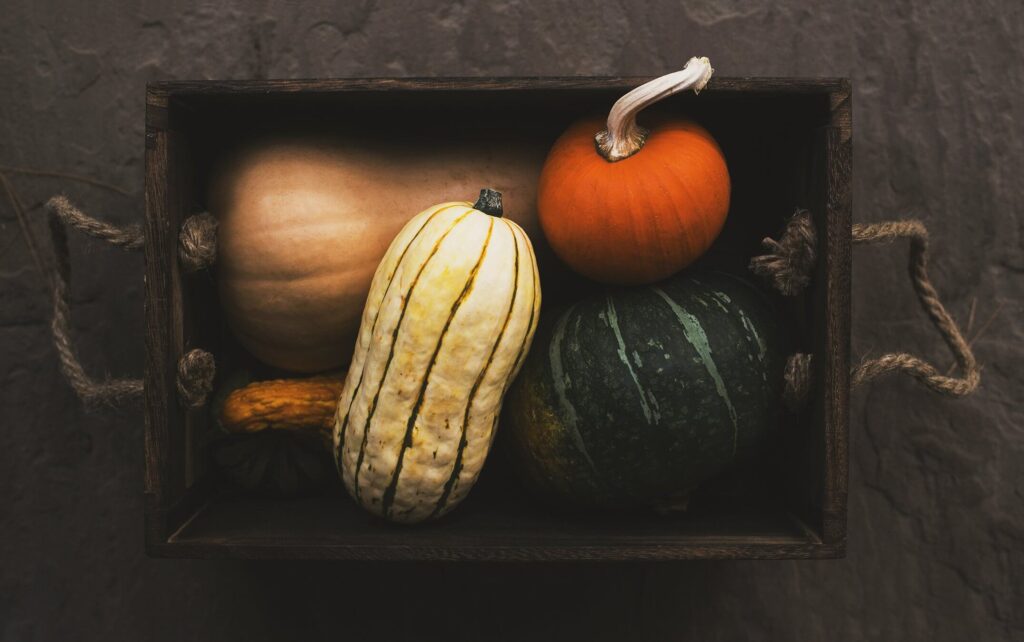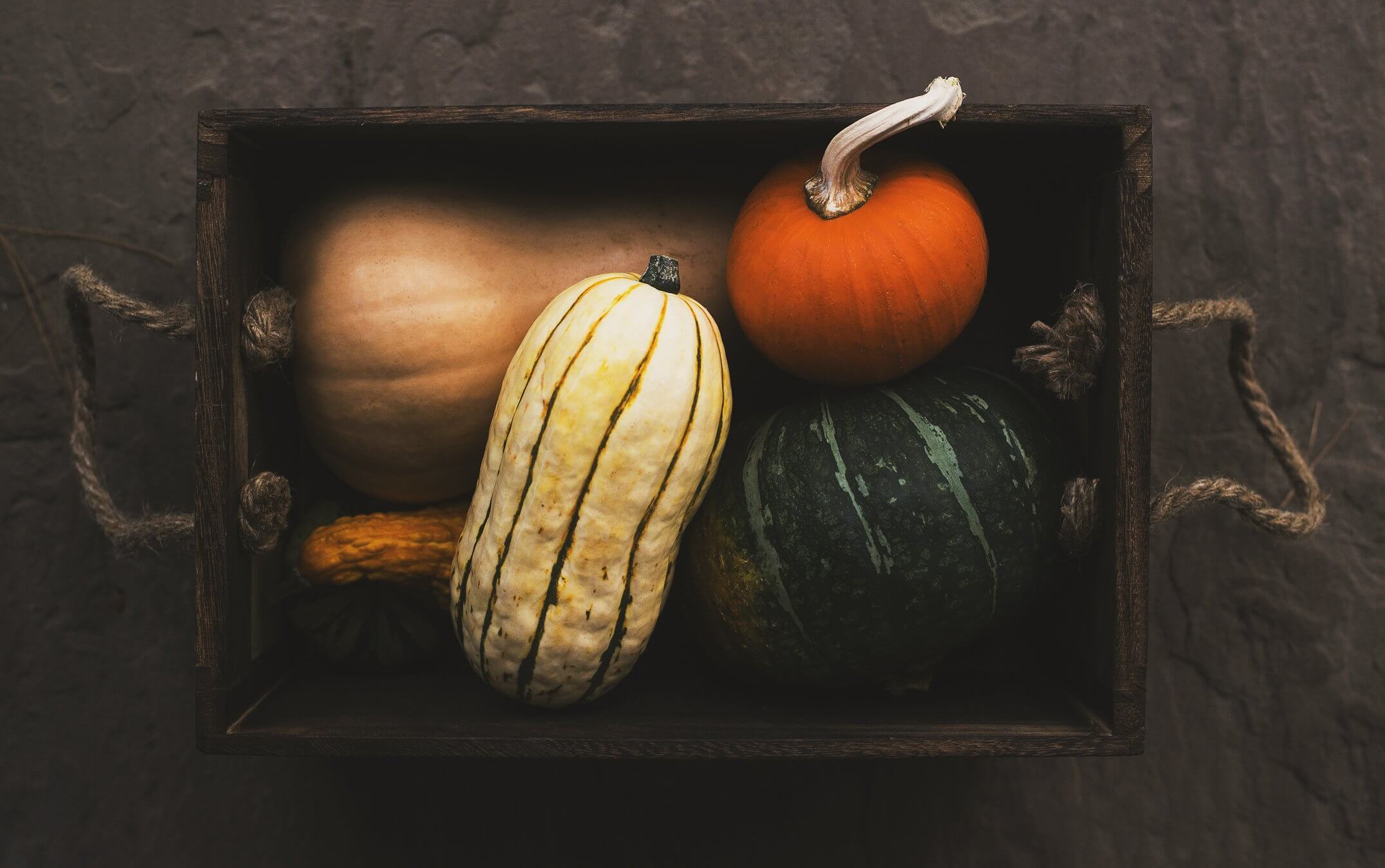Looking to extend your vegetable growing season?
If you live in an area with distinct seasons, there are natural limitations to when you can grow vegetables outdoors. In the spring, you have to wait until the threat of frost has passed and soil temperatures reach acceptable levels. Then, before you know it, shorter days and cooler temps will return to signal the end of your outdoor growing season.
Of course, it’s difficult to fight Mother Nature – especially if you hope to win. However, if youlearn to work within the boundaries she sets, you can find successful ways to extend your vegetable growing season.

Here are Three Easy Ways to Extend Your Vegetable Growing Season
While you can’t prevent late spring frosts or early blasts of winter, you can mitigate much of the damage caused by these natural events. You simply have to be prepared to provide adequate protection for your tender plants when the need arises.
1. Mulch
Adding a heavy layer of mulch is the easiest way to provide protection for your plants. Mulching around your plants provides a layer of insulation for the soil when temperatures dip too low. It will also help hold in moisture as temperatures rise so you won’t have to water as much.
There are many types of mulch available, including shredded leaves, wood chips, grass clippings, straw and compost. Whatever type of mulch you choose for your food growing area, check to ensure it is free of chemical pesticides and herbicides. For example, if you use a lawn service to keep your lawn green and free of weeds, you wouldn’t want to use your lawn clippings on your vegetable garden.
2. Cold Frames
Cold frames are another great way to extend your vegetable-growing season. A cold frame is simply a four-sided structure with a glass or plastic lid on top. They are used to trap in heat from the sun to keep plants warm when temperatures drop.
Cold frames are relatively easy to build. Start by creating a rectangular or square structure out of wood and securing an old glass window or door on top with hinges on one side. This will keep the top from blowing off in the wind and will make it easy to open and shut as you add and remove plants. Potted plants and seedlings can then be placed inside to harden them off or help them survive unexpected dips in temperature.
In a pinch, you can create a makeshift cold frame with several bales of straw and an old glass window or door panel. Simply arrange the bales in a rectangle, while leaving the interior empty to house your plants. Top with a window or glass-paneled door and securely weigh it down on both ends so it doesn’t fly off in high winds.
If neither of these options appeal to you, you can always buy a ready-made version at your local garden center or online. You’ll pay more for this option, but won’t have to go through the hassle of finding materials or investing the time to build it yourself.
3. Add a Greenhouse
For many gardeners, a greenhouse is the ultimate gardening dream. How great would it be to have a permanent year-round space to nurture and grow your favorite plants? As an added bonus, a well-designed greenhouse can serve as a beautiful focal point for your property, as well.
Unfortunately, hiring a contractor or purchasing a high-end kit to build a permanent greenhouse can get pretty expensive. Plus, you need to pay to heat the structure part of the year in colder climates. If you rent or have limited outdoor space, a permanent greenhouse may not be a viable option.
However, you can still enjoy many of the benefits a greenhouse offers without the high price tag or long-term commitment. There are a number of very affordable and portable mini-greenhousesavailable that are lightweight and have a small footprint. These options take advantage of vertical space by providing four or five substantial shelves to house your plants.
With a little planning, these three methods can extend your vegetable growing season. Once you get started, you may be surprised by how much more productive your gardening efforts become!

